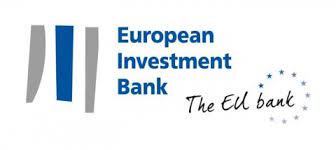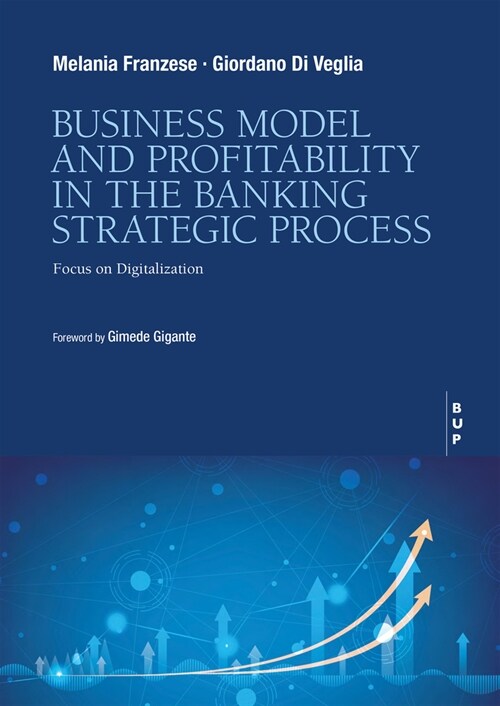Risk in the portfolio of large syndicated bank loans declined slightly but remains elevated, according to the Shared National Credit (SNC) Program Review by the Federal Reserve Board (Federal Reserve), the Federal Deposit Insurance Corporation (FDIC), and the Office of the Comptroller of the Currency (OCC).
Continue reading…
Gone are the days when organisations could simply promise a speak up culture. Today, fostering a culture of trust, integrity, and a positive work environment…
Download whitepaper













